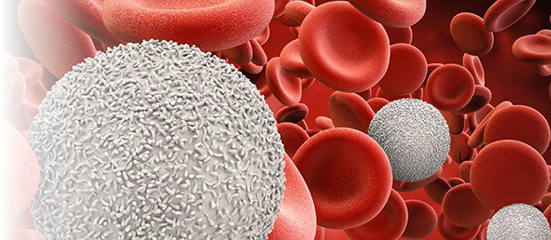Haematology Oncology


Patients around the world come to us for the specialised care we provide to treat haemotologic cancers, of which the World Health Organization estimates there are as many as 72 types and sub-types. Our centre provides a comprehensive service for the diagnosis and management of adult and childhood conditions such as:
Adults
- Leukaemia
- Lymphoma
- Myeloma
- Aplastic Anaemia
- Autoimmune Disorders
- Certain solid tumours
Children
- Neuroblastoma and other Advanced Solid Tumours
- Thalassemia
- Sickle Cell Anaemia
- Congenital Bone Marrow Failure
- Osteopetrosis
- Primary Immunodeficiencies
- Metabolic Diseases
- Leukaemia
- Lymphoma
- Aplastic Anaemia
- Autoimmune Disorders
To help our patients battle the affliction of cancer to the blood, we draw on the collective expertise of our multidisciplinary team and use our knowledge bank of experience gleaned from successfully treating some of the most challenging and complex cases. Being at the fore of medical advancements gives us the capability and confidence to provide our patients with current treatment options.
Our team of haematologists have a comprehensive and expansive range of treatments, from intensive chemotherapy, molecular targeted therapy and novel immunotherapy to stem cell transplantation. For each patient, we will devise a personalised treatment plan that provides optimal treatment modalities and clinical outcomes.
Non-malignant Haematology (Hematology)
The field of haematology (hematology) covers a broad spectrum of blood disorders. We provide a comprehensive one-stop service for the diagnostic investigations and treatment of a wide range of benign blood and bone marrow disorders. This includes:
- All types of anaemia (iron deficiency anaemia, B12/Folate deficiency, anaemia of chronic disease)
- Inherited red cell disorders (e.g. sickle cell disease, thalassemia)
- Autoimmune hemolytic anemia, an immune-mediated disease causing a low red blood cell count
- Idiopathic thrombocytopenic purpura (ITP), an immunemediated disease causing a low platelet count
- Clotting problems (deep venous thrombosis or pulmonary embolus)
- Bleeding or bruising problems (e.g. hemophilia)
- Iron metabolism disorders such as haemochromatosis (iron overload)
